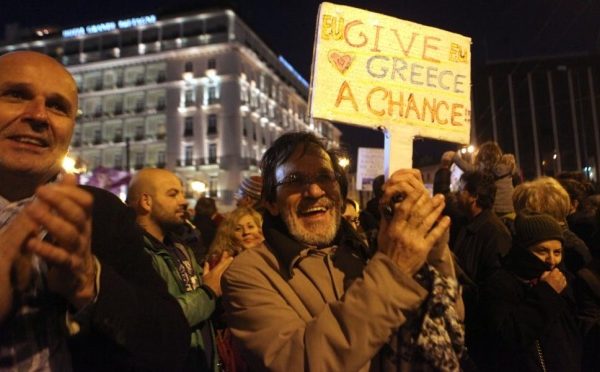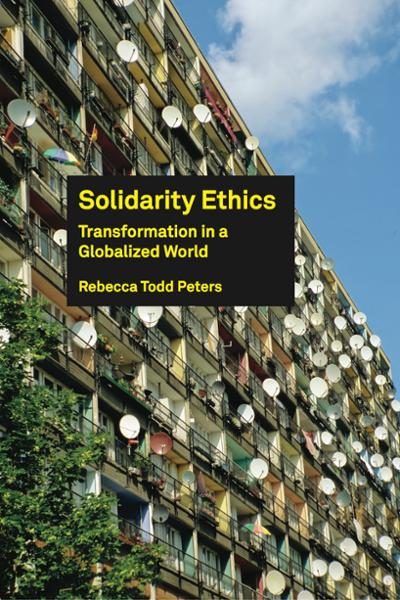
Living as a first-world citizen in a globalizing world presents a great moral challenge. Many people are aware that the wealthiest 20 percent of the world’s population consume 76.6 percent of the world’s resources, while the world’s poorest 20 percent are left with 1.5 percent. However, fewer people are aware that while basic education for everyone in the world would cost six billion dollars, US Americans spend eight billion dollars annually on cosmetics; that while water and sanitation for everyone in the world would cost nine billion dollars, Europeans annually spend eleven billion dollars on ice cream

In his best-selling book Collapse: How Societies Choose to Fail or Succeed (Penguin, 2011), popular science author Jared Diamond meticulously and relentlessly plunges into a wide variety of historical case studies using what he terms the “comparative method” in order to answer the question that has preoccupied scholars from Edward Gibbon through Oswald Spengler – why do societies decline and ultimately disappear?

The international crisis in Ukraine, combined with the precipitous and aggressive behavior of Russia toward the West, the docility of Europe and the fecklessness of American foreign policy in shaping events, has prompted after-midnight calls among many international experts for a radical and rapid rethinking of what the word “globalization” really means, or what it might look like even in the next five years.
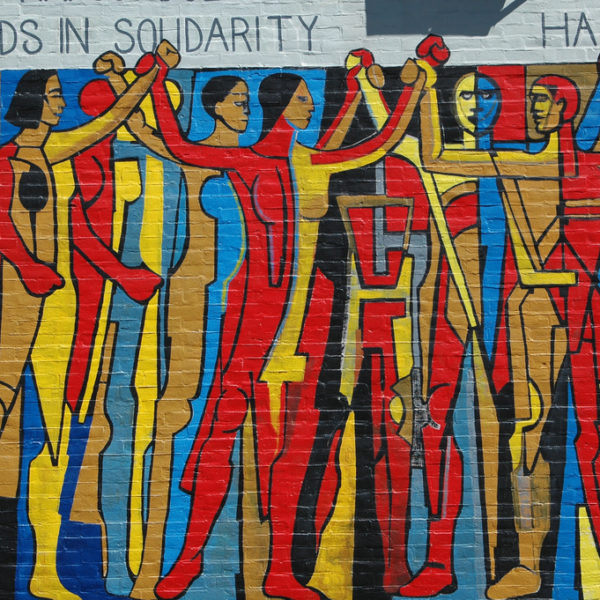
The January 2014 (15.1) issue of Political Theology focuses on the theme of solidarity. The issue begins with an editorial by Peter Henriot SJ, of the Jesuit Centre for Theological Reflection, Zambia, which describes some of the ground-breaking development work that is being accomplished across Southern Africa through centres for Catholic social thought. In these centres, insights from the Christian social tradition are brought to life through education and empowerment and placed at the service of justice and peace work and social transformation.
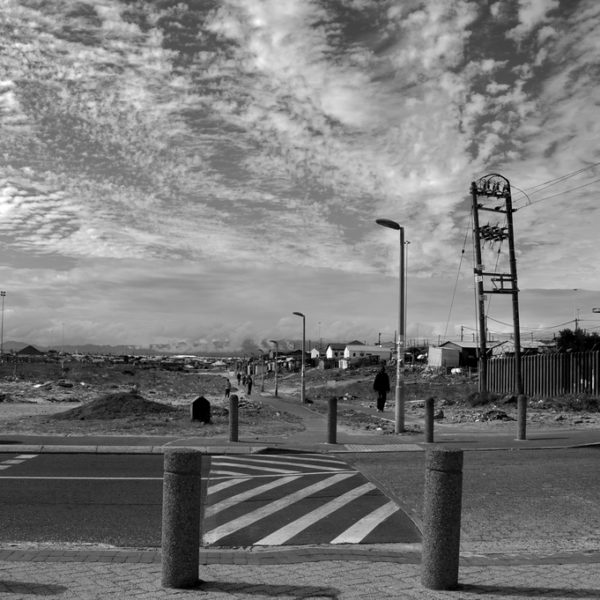
It would be nice to be able to write the following in the wake of Nelson Mandela’s demise: Mandela was a freedom fighter to the end, a figure whose legacy has not only brought justice and equality to the people he left behind, but also has worked as a moving inspiration for the world leaders who gathered last week to bid his spirit farewell.
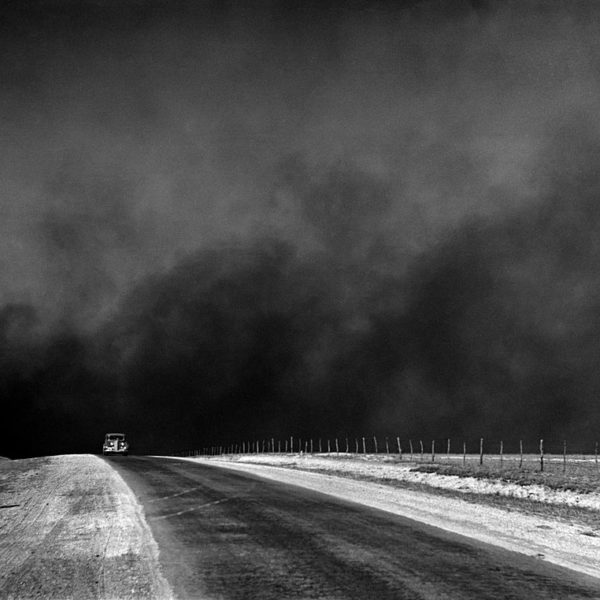
Here’s a brain-teaser for you. How does a recent PBS documentary about America’s “Dust Bowl” of the 1930s combine with a just-published book by one of the nation’s best-known venture capitalists to shed light in an unprecedented and powerful way on the government shutdown and the struggle over the debt-limit?
